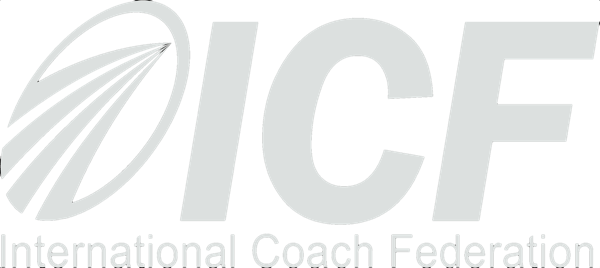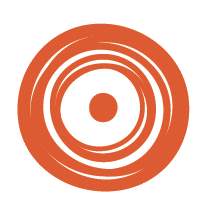Welcome to Talking Body, a series of conversations between award-winning authors Amanda Blake and Claire Dale about the nature of — and our deep need for — our physical intelligence.
Science is currently rewriting thousands of years of off-base assumptions about the body. This new understanding is primed to revolutionize not only our understanding of our physical, mental, and emotional capacities, but even what it means to be human.
As embodiment becomes increasingly integrated into coaching and leadership development, it is essential for coaches, therapists, embodiment practitioners, neuroscientists, and others who work with human growth and learning to stay on the cutting edge of these new developments. If that sounds like you, then you won’t want to miss this rare series.
Catch up on – and contribute to – this emerging understanding by joining two leading embodiment professionals for a series of open conversations about the powerful yet overlooked role of the body in everyday life and leadership.
Join Amanda Blake, author of Your Body is Your Brain, and Claire Dale, co-author of Physical Intelligence, in moving the needle towards a more fully embodied, fully intelligent world at one or more of these no-cost conversations.
Bring your curiosity and your expertise! We’ll be counting on you to help us advance the state of the field. If you haven’t done so already, please…
Conversation 1: Coaching with the Body
Feb 6, 2024 @ 9 am Pacific time
Did you know… embodied intelligence is imperative for the resilience and conflict management skills that leaders need? Turns out leadership is a contact sport!
In this conversation, we explore the art, science, and practice behind these questions…
• Why is embodied coaching essential for leadership development?
• What embodied practices do leaders need as they seek to adapt to growing complexity?
• How can coaches supporting leaders help clients tap their embodied intelligence?
USEFUL BACKGROUND
Applied Embodied Cognition, by Amanda Blake for Choice Magazine
The Surprising Truth About Leading in a Digital World, by Claire Dale for Association of Coaching
Explore the Physical Intelligence Institute website and the Embright Resource Library
FLASH SALE!
Special offer on Body = Brain until Feb 15, 2024.
Available by invitation ONLY — contact us for pricing and details.
In response to a participant’s request, here is one of many studies on brain synchrony in musical ensembles.
Sänger, J., Müller, V., & Lindenberger, U. 2012. Intra- and interbrain synchronization and network properties when playing guitar in duets. Frontiers in Human Neuroscience, 6.
Conversation 2: Your Inner Bodyscape
Feb 27, 2024 @ 9 am Pacific
Did you know… emotions, physical perceptions, and neurochemistry are all facets of the same single mysterious phenomenon? Unless and until you clue in, you’ll miss vital opportunities for action.
In this conversation, we’ll explore the art, science, and practice behind these questions…
• What is our inner felt sense – known scientifically as interoception – and why does it matter for coaching, leadership, and everyday life?
• How can you strengthen interoception… and why should you try? What makes it easy? What makes it hard?
• How can you assess one’s capacity for interoception and track changes over time?
RESOURCES
Serotonergic Effects on Interoception
Great quote from this article
“Interoception is the fire under the kettle of consciousness; remove the heat, and the system settles into tepid equilibrium.”
Training from Claire and Amanda
Body = Brain and a new in-person program at the Cape Cod Institue in August, 2024
Physical Intelligence
Books from Amanda and Claire
Your Body is Your Brain
Physical Intelligence
Amanda’s research mentioned on the call
Conversation 3: The Nature of Embodied Practice
March 19, 2024 @ 9 am Pacific
Did you know… that the true source of neuroplasticity lies outside your brain? Come learn how to access it.
In this conversation, we’ll explore the art, science, and practice behind these questions…
• What is the role of embodiment in behavior and habit formation?
• What is the role of embodied practice in learning and neuroplasticity?
• Why is practice important, and what makes practice effective, ineffective, or neutral?


